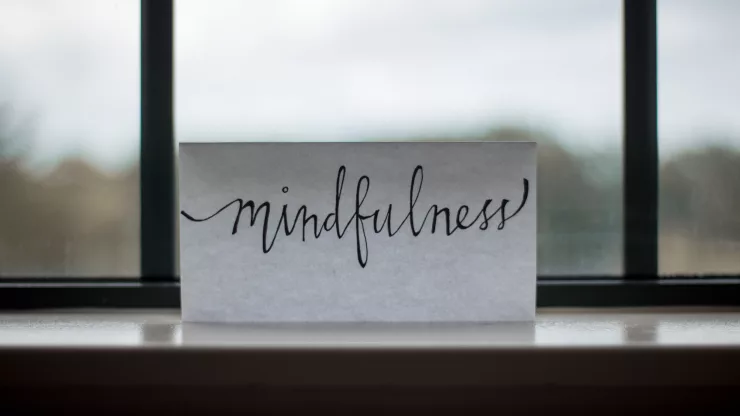Life is full of transitions, from starting a new job to moving to a new city to experiencing a major loss. These changes can be exciting, but they can also be challenging and stressful.
During these times, it can be easy to get caught up in negative self-talk and self-judgment.
However, practicing self-compassion can help us navigate these transitions with greater ease and resilience.
Jump to Section
The Importance of Self-Compassion
Self-compassion is the practice of treating ourselves with kindness, care, and understanding, especially during times of difficulty.
It involves acknowledging our own pain and suffering, and responding to ourselves with warmth and support.
Research has shown that self-compassion is associated with greater well-being, lower levels of anxiety and depression, and increased resilience.
Life Transitions and Their Challenges
Life transitions can be both exciting and challenging.
They often involve a period of uncertainty, during which we may experience a range of emotions such as anxiety, fear, and sadness.
These emotions can be especially intense during major life transitions such as a divorce, job loss, or the death of a loved one.
In addition, transitions can disrupt our routines and sense of identity, leaving us feeling lost or unsure of ourselves.
The Link Between Self-Compassion and Resilience
Research has shown that self-compassion is a key factor in building resilience. When we practice self-compassion, we are better able to cope with difficult emotions and bounce back from setbacks.
Self-compassion helps us to view our experiences with greater perspective and to treat ourselves with greater kindness and understanding.
This can lead to increased feelings of self-worth and confidence, which in turn can help us navigate challenging transitions with greater ease.
How to Cultivate Self-Compassion During Transitions
Cultivating self-compassion during life transitions can be challenging, but it is possible. Here are some strategies for practicing self-compassion during times of change:
- Acknowledge your feelings and emotions. It’s okay to feel sad, anxious, or uncertain during transitions. Allow yourself to feel these emotions without judgment.
- Treat yourself with kindness and care. Practice self-care activities such as exercise, meditation, or spending time in nature.
- Talk to yourself as you would talk to a friend. Use supportive and encouraging language when you talk to yourself.
- Practice mindfulness. Pay attention to your thoughts and emotions without judgment. This can help you gain greater perspective and understanding.
The Benefits of Practicing Self-Compassion
Practicing self-compassion has a range of benefits, including:
- Greater resilience and ability to cope with stress
- Increased feelings of self-worth and confidence
- Lower levels of anxiety and depression
- Greater overall well-being and life satisfaction
Strategies for Maintaining Self-Compassion in the Long-Term
Practicing self-compassion during times of transition is important, but it is also important to maintain this practice in the long-term. Here are some strategies for cultivating self-compassion over time:
- Make self-compassion a daily practice. Incorporate self-compassion practices such as meditation, journaling, or positive self-talk into your daily routine.
- Practice self-compassion in all areas of your life. Don’t limit your self-compassion practice to times of difficulty. Practice self-compassion in all areas of your life, including work, relationships, and personal growth.
- Surround yourself with supportive people. Seek out relationships with people who are kind, supportive, and understanding.
- Practice gratitude. Take time each day to reflect on the things in your life that you are grateful for.
FAQ
How can I practice self-compassion if I don’t feel like I deserve it?
It’s common to struggle with feelings of self-doubt or unworthiness, especially during times of transition. However, it’s important to remember that everyone deserves kindness and compassion, including yourself.
Try to treat yourself as you would treat a friend who is going through a difficult time.
Can practicing self-compassion help me feel less anxious or depressed?
Yes, research has shown that practicing self-compassion can lead to lower levels of anxiety and depression. By treating ourselves with kindness and care, we can reduce feelings of shame and self-criticism, which can contribute to these negative emotions.
How can I be more mindful during transitions?
Mindfulness involves paying attention to the present moment without judgment. During transitions, it can be helpful to practice mindfulness by focusing on your thoughts, emotions, and physical sensations.
This can help you gain greater perspective and understanding of your experience.

With a deep passion for personal development, Ben has dedicated his career to inspiring and guiding others on their journey towards self-improvement.
His love for learning and sharing knowledge about personal growth strategies, mindfulness, and goal-setting principles has led him to create My Virtual Life Coach.
Contact Ben at [email protected] for assistance.




